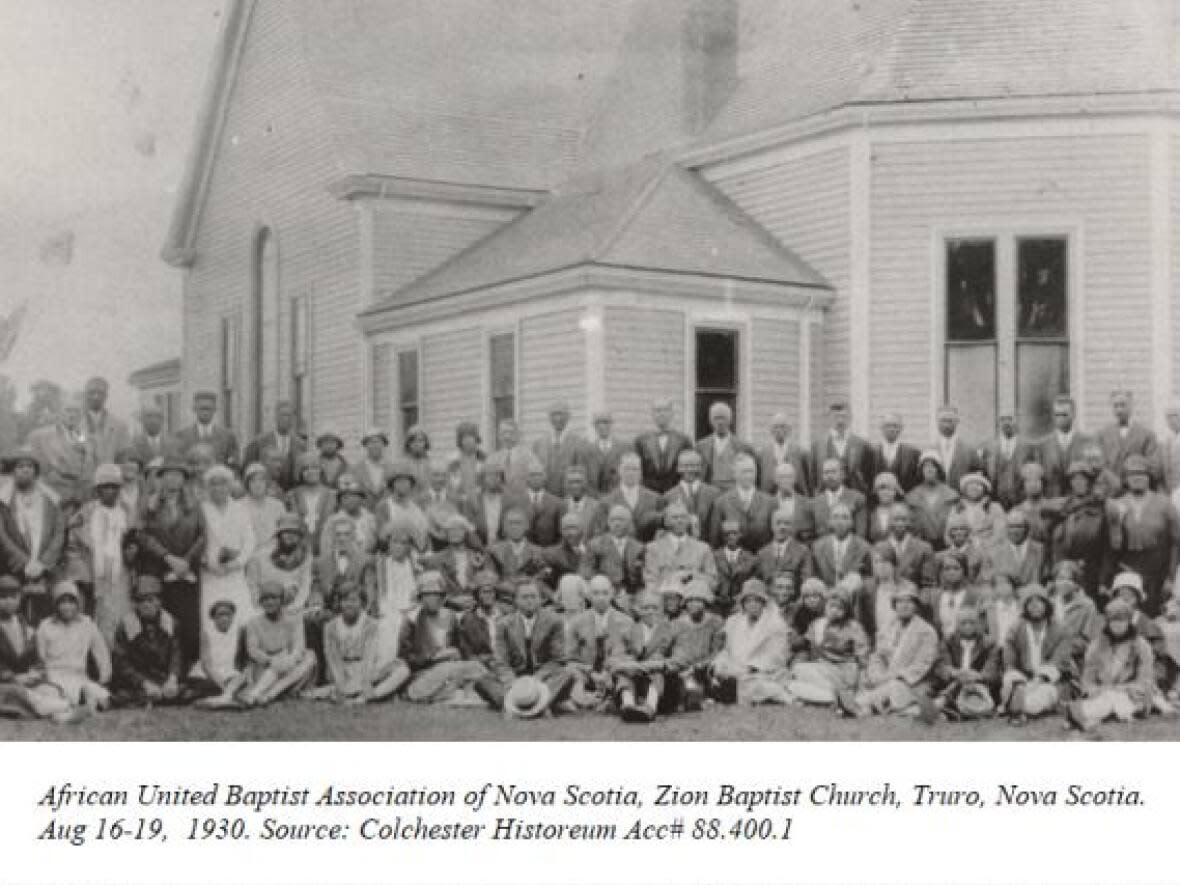Archivist, activist aim to dispel historical misconceptions about African Nova Scotians

An archivist in Truro, N.S., is working with a longtime activist to gather the history of African Nova Scotians while dispelling historical inaccuracies and misconceptions.
Ashley Sutherland has been working as an archivist at the Colchester Historeum for four and a half years. She said when she first started working there, she noticed a demand for information about the African Nova Scotian community.
So she started digging. Sutherland said all she could find were "little snippets" of information from newspaper clippings and a few lines in some books, but there wasn't any primary source documentation.
Some of what she did find was full of historical inaccuracies and false narratives.
That's what inspired her to write From whence we come and where we go Part I: Tracing the Path of African Nova Scotians in Nova Scotia, which has been posted on the museum's website.
The piece highlights and addresses common misconceptions about African Nova Scotians within a historical and archival context.
"There is a lot of information in our archives that can provide little glimpses into the history of African Nova Scotians; however, archives are very colonial," Sutherland told CBC Radio's Mainstreet on Monday.
"They were formed by colonizers to keep documents, to serve as evidence of things such as landownership, so it's really important to take that with a grain of salt."
Sutherland wrote it with the help and support of Lynn Jones, a Halifax activist whose African Canadian and Diaspora Heritage Collection is housed in the Saint Mary's University Archives.
Jones said even what she learned as a young Black girl in school was misleading.
"It was derogatory, it was racist," she said.

"Thank goodness I came from a background at home that gave us a different picture of who we were as African people, and although we might not have had all the information about our history, one of the key basis that I have growing up from my family was that African people were proud, very innovative people, and that Africa was full of many resources and universities."
Jones said the work by Sutherland, a white woman, is an important step in acknowledging the past and moving forward.
"It's the same with eradicating racism," she said. "It requires people to make a committed effort to do something, whether that means reading, educating, actually going out and testing theories ... you can't just sit back and say, 'Tell me what to do.'"
To hear more from Sutherland and Jones about their work, listen to host Jeff Douglas's full conversation below.
For more stories about the experiences of Black Canadians — from anti-Black racism to success stories within the Black community — check out Being Black in Canada, a CBC project Black Canadians can be proud of. You can read more stories here.

MORE TOP STORIES


